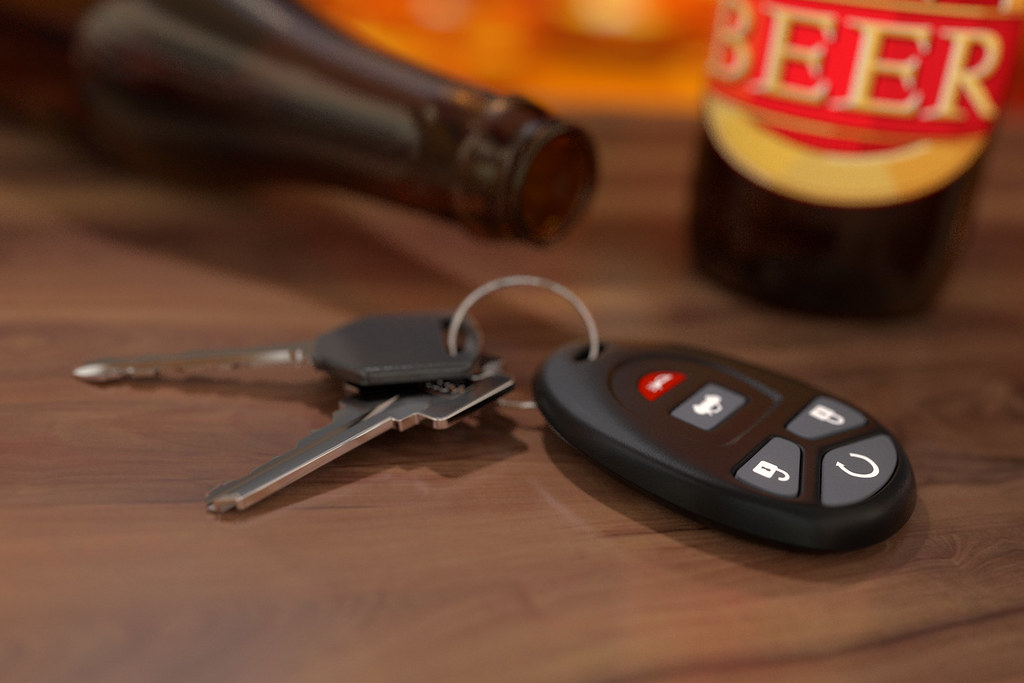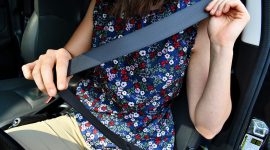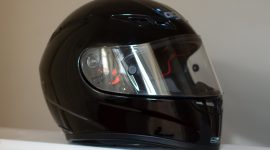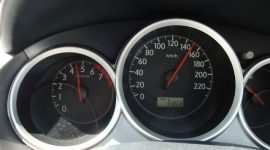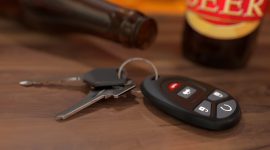A single drink can seriously impair your ability to drive. It is estimated that a glass of beer or a serving of any alcoholic beverage increases blood alcohol content which doubles the risk of fatality in road accidents. Alcohol is not the only factor that compromises road safety. Combining other factors with just a low dose of alcohol may reduce performance even further and increase the risk of an accident even if the blood alcohol content is within legal limits.
Drinking and sleep deprivation
Research has shown that sleep-deprived people drive very poorly after having 2 drinks, for a span of 2 hours afterwards. They overestimate their ability to drive, thereby putting themselves and others at risk. Sleep deprivation combined with alcohol consumption and night driving can lead to road fatalities.
Drinking and medications
Alcohol may interact with sedatives, analgesics, or antihistamines. Mixing medications with 1-2 drinks can cause drowsiness, thereby increasing the risk of a fatal accident. Alcohol causes slower reaction times, impairs motor coordination, influences judgment and compromises making sound decisions. In a complex process such as driving that requires skills and quick decision making, a single drink in combination with certain medications can impair a driver’s vision, their concentration and vigilance as regards other vehicles or pedestrians, perception of speed, ability to park or respond in a timely and correct manner.
Statistics
Statistics from the US show that 40% of all road fatalities are the result of drunk driving. This means that approximately 17,000 people die every year in the US while driving under the influence of alcohol. Next time you are out with friends, assign a designated driver and encourage them to stay sober. Do not get into a car whose driver is not sober. Otherwise, just call a taxi. Working together to prevent death, injuries and disabilities caused by road accidents is of critical importance and a major concern for us all.


